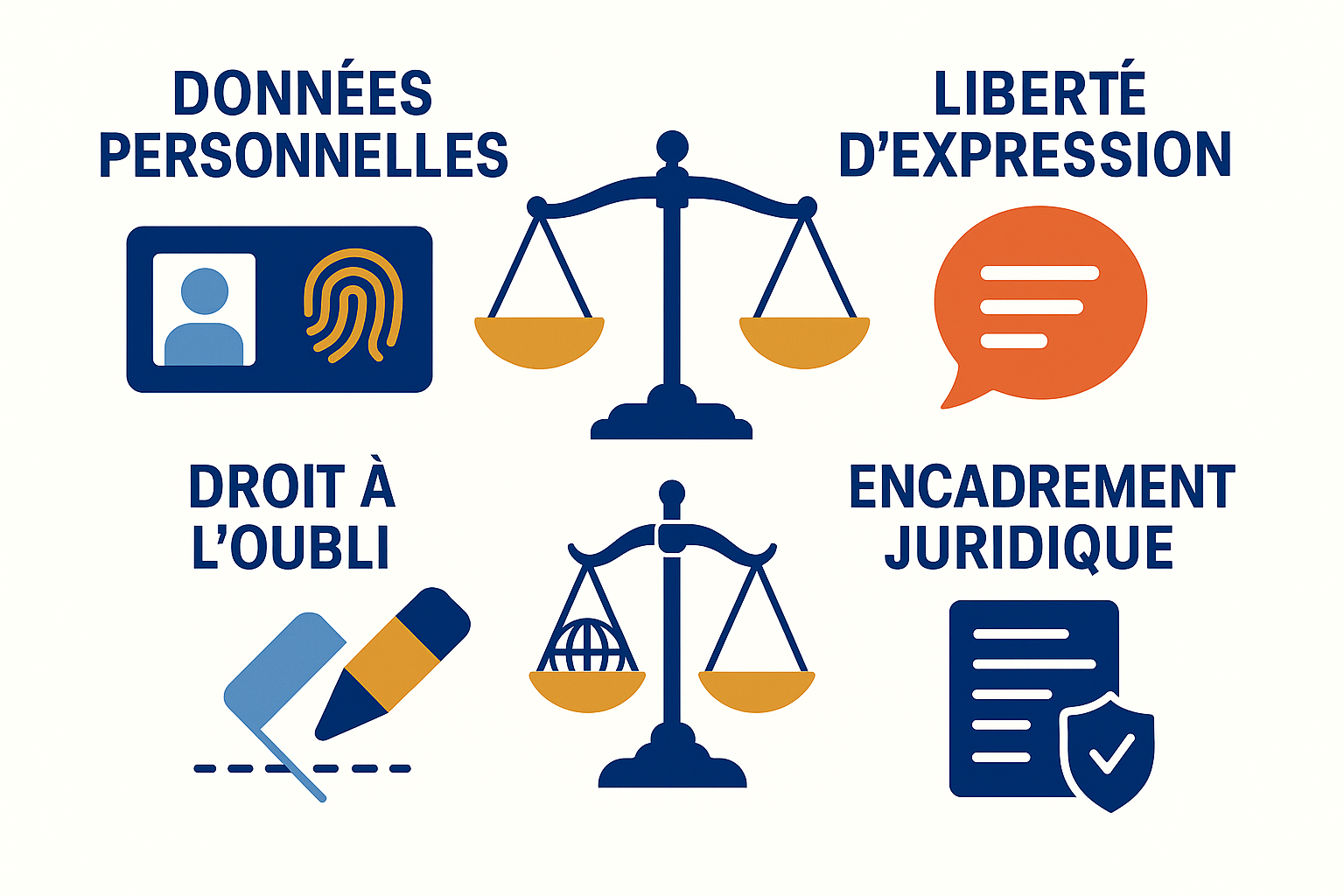What are the issues and differences between discounts, rebates and commercial cooperation?
As part of commercial negotiations between suppliers and distributors, the use of discounts, rebates and commercial cooperation is common practice.
These mechanisms make it possible to adjust prices, encourage purchasing volumes or remunerate specific services. However, their implementation is governed by the French Commercial Code, in order to prevent practices that restrict competition and avoid any significant imbalance in contractual relations.
Article L. 441-3 of the French Commercial Code requires these benefits to be set out in writing in a clear and detailed agreement.
In addition,Article L. 442-1 of the French Commercial Code penalizes unrequited benefits.
Poorly structured practices can expose companies to heavy financial penalties and commercial disputes.
Understanding the distinction between discounts, rebates and commercial cooperation is therefore essential to ensure the compliance of commercial agreements and limit the risk of disputes with regulatory authorities.
Definitions and key differences
The concepts of discounts, rebates and commercial cooperation correspond to distinct logics and must be clearly differentiated to avoid any legal risk.
1. The trade discount: an immediate reduction
A discount is a price reduction granted directly at the time of a transaction. It is generally intended to encourage purchases, and can be applied in a variety of ways:
- Quantity discount: based on volume purchased.
- Promotional discount: granted temporarily to stimulate sales.
- Unconditional discount: granted without any particular obligation for the buyer.
Its main advantage is that it is immediately visible on the invoice, avoiding the risk of fictitious invoicing or subsequent disputes.
2. Rebates: a conditional reduction
Unlike a discount, a rebate is a deferred reduction granted according to the volume of purchases made over a given period.
It is an incentive to commercial commitment, and often takes the form of a refund at the end of the year or at the end of the contract. It only appears on an invoice once the condition has been met.
Article L. 441-3 of the French Commercial Code requires that these rebates be specified contractually, to avoid them being considered as an unrequited benefit.
3. Commercial cooperation: a distinct remunerated service
Commercial cooperation differs from discounts and rebates in that it is not simply a price reduction. It is a service provided by the distributor to the supplier in addition to the sale of products (in-store promotion, priority listing, advertising, etc.).
It must respect several principles:
- Be detailed on a separate invoice.
- To be invoiced and paid at the time of delivery.
- Not to be imposed without real compensation.
Article L. 442-1 of the French Commercial Code prohibits the provision of services for no real consideration, a practice which may be requalified as abusive and subject to sanctions.
Legal framework and contractual obligations
The granting of discounts, rebates and commercial cooperation is strictly regulated by the French Commercial Code, in order to avoid restrictive competition practices and contractual imbalances.
1. The obligation to formalize in writing
Articles L. 441-1 and L. 441-3 of the French Commercial Code require all price reductions and financial benefits granted by a supplier to a distributor to be formalized in a written agreement. This agreement must detail :
- The nature of the benefit granted (discount, rebate or commercial cooperation).
- Award conditions (purchase volume, commitment over a period, service rendered, etc.).
- Billing and payment terms.
The absence of a written document may lead to the benefit being reclassified as an unjustified benefit, as sanctioned byArticle L. 442-1 of the French Commercial Code.
2. Prohibition of retroactive discounts and rebates
Article L. 442-1 of the French Commercial Code prohibits companies from granting retroactive advantages, i.e. discounts or rebates applied to sales already made without having been contractually provided for.
3. Risks of non-compliance
Poor application of these practices can result in a number of sanctions:
- Penalties for abusive practices: if a discount or rebate is granted without any real justification, it may be requalified as an unrequited service and penalized.
- Civil fines: in the event of an unjustified advantage or significant imbalance, a company can be fined up to several million euros, as illustrated by the GALEC vs Ministère de l'Économie case (2024).
- Disputes with the authorities: the DGCCRF and DREETS can demand corrections and impose penalties in the event of non-compliance.
4. How can we limit these risks?
To protect themselves against these sanctions, companies must :
- Check the consistency of pricing practices and avoid excessive discounts that could be contested.
- Document each price reduction with a written agreement in compliance with the French Commercial Code.
- Justify the quid pro quo by detailing the services provided in the context of commercial cooperation.
If in doubt about the nature of these benefits and their implementation, it is advisable to seek legal advice.




